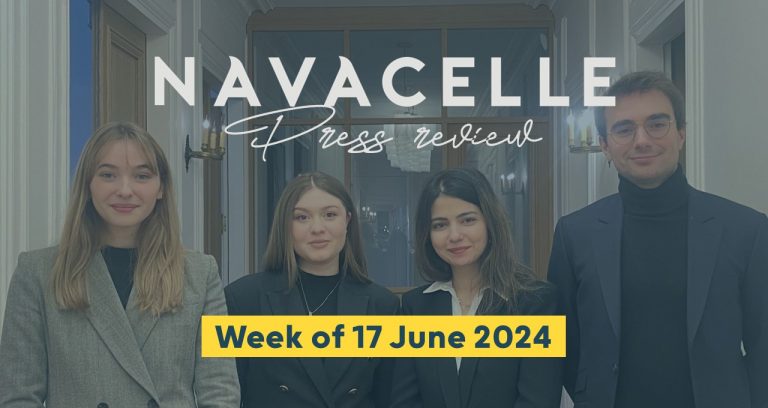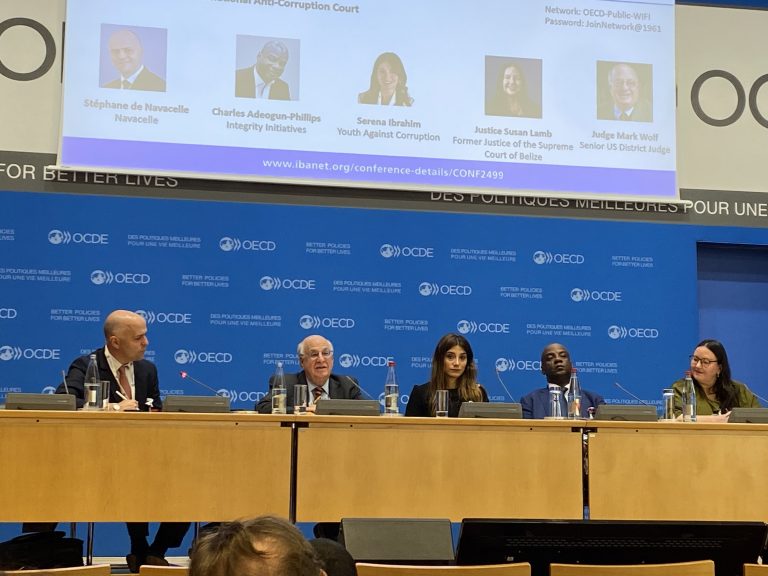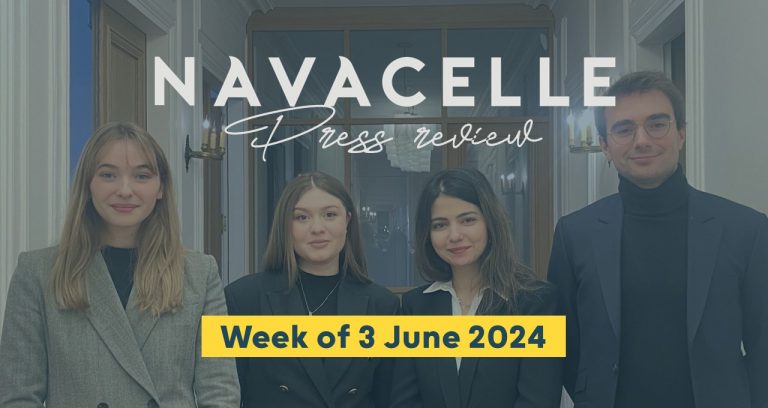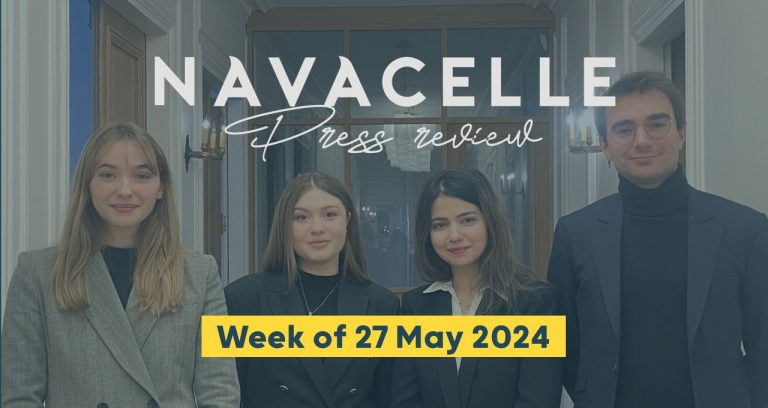The Sapin II Law of 9 December 2016 created the possibility for accused entities to enter into negotiation with prosecuting authorities in the context of criminal investigations by introducing a new alternative to prosecution mechanism at article 41-1-2 of the criminal procedure code: the convention judiciaire d’intérêt public (CJIP) (judicial agreement of public interest).
Since then, the public prosecutor may, as long as the public prosecution has not been initiated, suggest the conclusion of such an agreement to a legal person accused of certain felonies related to integrity breaches, tax fraud and tax fraud laundering, as well as offences related to those felonies and felonies defined in the environmental code.
When a judicial investigation has been opened, the juge d’instruction (investigating judge) on the case may as well, upon request or with the agreement of the public prosecutor, refer the procedure to the latter in order to conclude a CJIP.
This “third way”, where the prosecution and accusation leave room for negotiation, has often been compared to a Deferred Prosecution Agreement (DPA), an American and then British criminal transactional procedure which “consists, for the prosecuting authorities (notably the Department of Justice, DOJ), in initiating the public prosecution and then requesting the court to suspend it immediately, considering the commitments taken by the accused company under the terms of the agreement”. It is true that similarly to the DPA, the CJIP mechanism involves not only the demonstration of an improvement or a desire to improve its compliance program, but also the recognition of the facts giving rise to the procedure, the payment of an often significant public interest fine and, if necessary, the implementation of a monitoring by the Agence française anticorruption (AFA) (French anticorruption agency), as well as the cooperation of the legal person to the investigations carried out by the prosecution.
This similarity is all the more remarkable as, apart from the resemblance of the mechanism, the practices implemented by attorneys of legal persons in the context of their mission of assistance and criminal defense in the US have also spread to France. Practices of criminal attorneys and public prosecutors have evolved for certain cases, moving from a resisting or even breakaway criminal defense to a full cooperation, and from a full investigation carried out by judicial investigators under the public prosecutor authority to an internal investigation.











